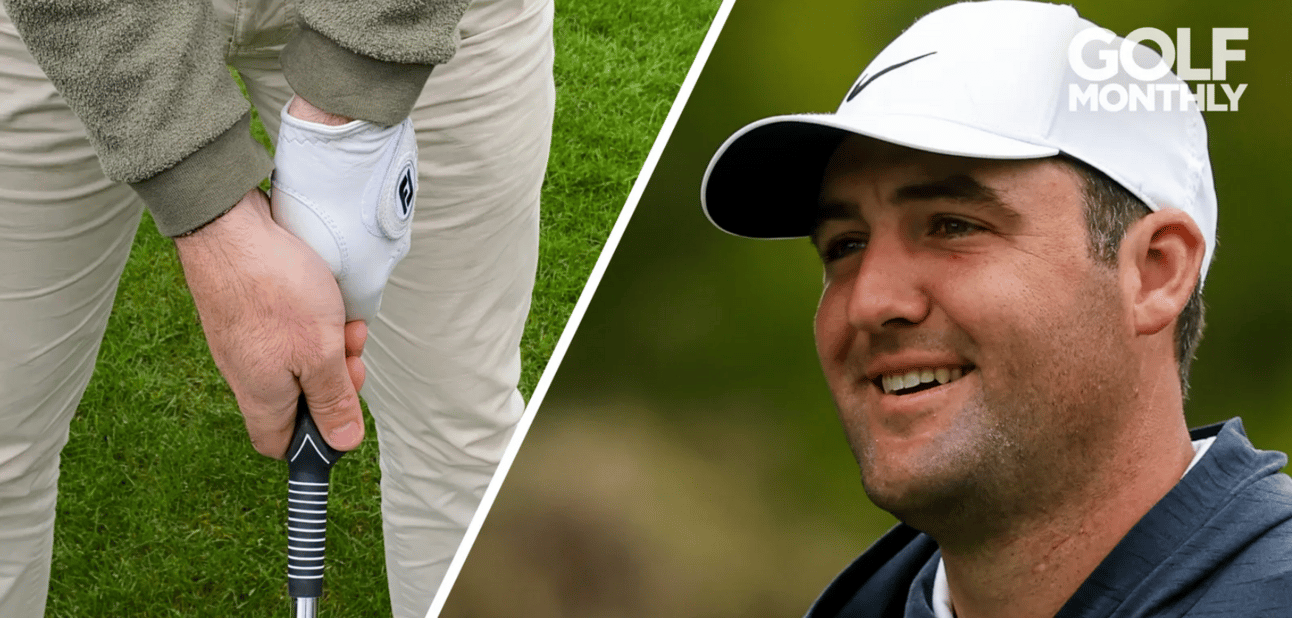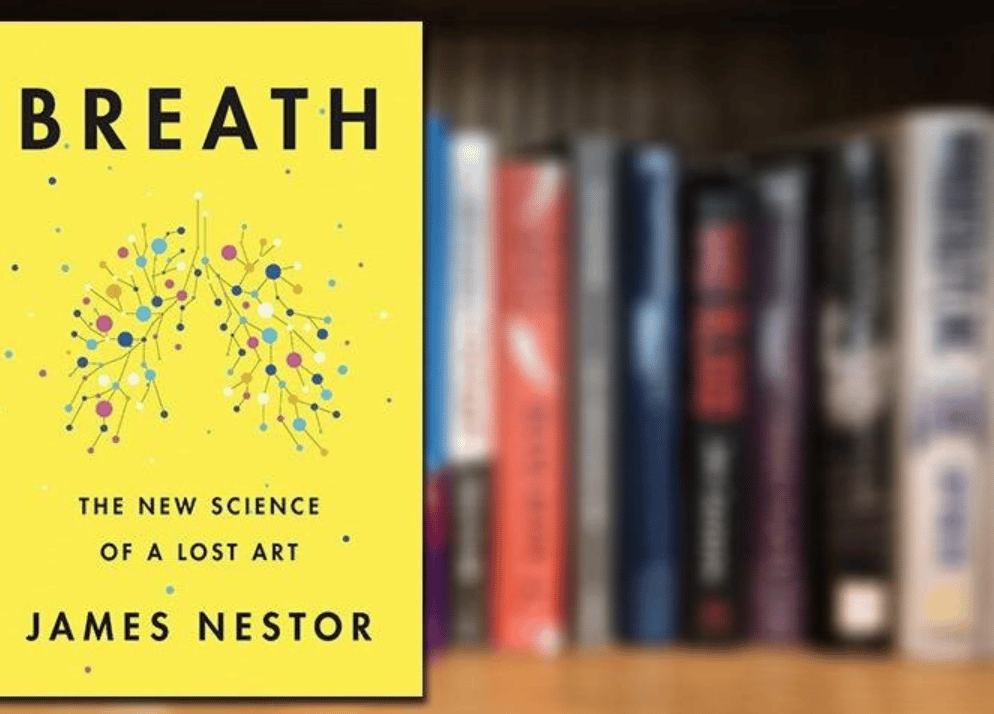
Volume 015
“Failure should be our teacher, not our undertaker. Failure is delay, not defeat. It is a temporary detour, not a dead end. Failure is something we can avoid only by saying nothing, doing nothing, and being nothing.” - Denis Waitley
I was certainly hoping to be starting this week’s Superset off on a different note. I’d hoped to be writing that I had accomplished the feat - I had broken 3 hours in the marathon, therefore punching my ticket to enter the Boston Marathon draw.
18 weeks of training. 728 miles logged. 6 days a week of work. It certainly felt like enough to get the job done. But that wasn’t how the cards played out.
I knew pretty early on in the race that it was going to be one of those challenging days. I didn’t ever feel much “pop” in my stride, I had some earlier-than-normal stomach pain, and the pace just never felt like I could get in a groove. Still, we managed to finish the first 13.1 at 1:32, not too far off the pace.
The second half of the race only got harder, but we still pushed. The pace slowed, sub-3 was probably out of the picture, but a big marathon PR was almost guaranteed. Until all of a sudden it wasn’t.
I hit mile 22, and I was pushing - pushing hard. I wanted this bad. Even though sub-3 was gone, I wanted to finish strong. I picked up the pace, and a couple of minutes later, things went awry. I apparently (I don’t remember much about this) missed a turn, and just by chance, Allison happened to be there and yelling my name. I didn’t respond, just kept running. She caught up to me and caught me before I fell over into a bush. I had somehow (through a combination of altitude, dehydration, and fatigue) managed to black out on my feet, yet continue to keep running.
I’ll skip the bulk of the details following, but after an ambulance ride, a few IV bags and some good care at St. Luke’s in Boise - I was rehabilitated. It was a whirlwind of a day. I was upset, but thankful. I was disappointed, but proud. I had very literally (smart or not) pushed my body to its absolute limits for that day.
I’ll continue to reflect on this and share what I take away from the experience, but I am firmly deciding to use this experience as a springboard to accomplish this goal.
Failure sucks. There’s no way around it. It’s embarrassing. It’s frustrating. You feel like you’ve wasted the months of training. But the reality is the training was the performance. It was the growth. Those 18 weeks raised my floor for my next training block. My last marathon was 3:29. I could have set the goal at 3:15. That would’ve still been a huge jump. But I set my sights on sub-3, and that exponentially raised the chance of failure.
I failed. But it was no failure. This was just attempt one. I will be back. I will be fitter. I will be faster. My nutrition will be better. My plan will be better. And I will punch my ticket to Boston. I promise you.
Superset of the Week:
Brain - Master The Fundamentals

When we set out to get better at anything in our lives - whether it be work, fitness, a sport, a hobby - we often allocate most of our focus to big actions with the capability to promote big change.
When dieting we focus on the aggressive “low carb” diet. When working out we try to find the best, new groundbreaking routine for fast physique change. In golf, everyone’s looking for the latest new swing thought that will change everything for them.
These grand aspirations are great, but over time as we attempt to improve at anything, we often find that sustainable growth is most commonly found in the mundane, the routine, the basics - the fundamentals.
Take Scottie Scheffler - the #1 golfer in the world and a trending name after this week’s events at the PGA Championship. Scottie is currently the best golfer on the planet and is dominant at most aspects of the game (aside from putting, which of late, has been far from a weakness).
Scottie does something you won’t often see on a PGA Tour range before every round (nonetheless your local course). He warms up with a club with a grip trainer on it (pictured above), ensuring that the very first component of his swing, his grip, is spot on, muscle memory, and repeatable. These grip trainers are often only seen in the hands of beginners, primarily in lesson scenarios.
Most golfers will go years without thinking much of anything about how they are gripping the club. This is ironic, because this fundamental part of the setup controls much in the golf swing, and is very easy to let get a little off and loose.
If the #1 golfer in the world is still spending every day getting reps in on properly gripping the golf club, why wouldn’t all other golfers be doing the same? We find these fundamental focus stories across all aspects of life, but especially sports. Larry Bird was also infamous for showing up at the arena and shooting 3-foot shots for a half hour, working on his form.
I have been thinking about this a lot the last couple of weeks - what are the fundamentals of my job and of my fitness pursuits, that I might be overlooking? Am I focused too much on high-bar aspirations, while not putting enough emphasis on the daily repeatable actions that will ensure long-term growth? I challenge you this week to ask the same of yourself.
Can we be more responsive at work this week? More proactive on projects? Can we ensure that we get enough protein in our diet? Can we walk 10,000 steps a day? Can we sleep 7 - 8 hours a night?
Mastering the fundamentals and repeating them over and over and over again will have much more impact in the long term than the highs and lows of doing something grand one or two days and then slacking off another. Don’t overlook the basics.
Body - So What’s The Next Goal?

Now that the marathon training is behind us, it’s time to find the next goal to focus on. As I have mentioned in previous letters, I find that I do my best work in all areas of my life when I have a clear fitness goal I am working towards. If I have a goal and a date, I can find the rhythm of the daily actions I need to take to get there. It’s when I don’t have a clear picture of what I am working towards that I can catch myself “going through the motions.”
I am going to think more about exactly what is next, but I want to shift the focus of the next 3 months to primarily strength and physique-based activity.
I want to increase my anaerobic base through some higher-intensity cardio and weight-lifting routines. A better anaerobic base should increase my metabolism, while also providing a better foundation for my next running block to move faster.
I want to get to a healthy, sub 10% body fat while preserving as much muscle as I can (hopefully settling somewhere between 185 - 190 pounds).
I want to put a ton of emphasis on a consistent, regular diet. During marathon prep, the necessary carb intake to perform can often be counterintuitive to dialing in the physique to where my bodybuilding side would like it to be.
My initial checklist for focus activities for the next 3 months:
Maintain running base with 25 - 30 miles per week minimum
Incorporate more weight-based cardio into the routine:
Rowing, Ski Erg, Burpees
Pull-ups and Pushups timed
Consume a minimum of 200 grams of protein a day
Take at least 10,000 steps a day, revolving on getting outdoors for a walk or additional cardio for at least 45 minutes a day
Limit alcohol consumption
Weight train at least 5 days a week
We are approaching summer. Many people go into hyperdrive to get their body right for swimsuit season. What if instead this year, we set out with a 4 - 5 month goal, rather than a 30 day blitz, and ensured that we only continue to look and feel better throughout the whole summer season?
Book - Initial Lessons from James Nestor’s “Breath”

I am about halfway through James Nestor’s “Breath” book, and it has very clearly gotten my wheels turning. I have never thought much at all about how I breathe, or how it could affect things outside of simple oxygen consumption. As I mentioned, I have always been a mouth breather, and have never thought twice about it. That is about to change.
Here are a couple of interesting notes from the book so far:
“Breathing through the right nostril will also feed more blood to the opposite hemisphere of the brain, specifically to the prefrontal cortex, which has been associated with logical decisions, language, and computing. Inhaling through the left nostril has the opposite effect: it works as a kind of brake system to the right nostril’s accelerator. The left nostril is more deeply connected to the parasympathetic nervous system, the rest-and-relax side that lowers blood pressure, cools the body, and reduces anxiety.”
“The perfect breath is this: Breathe in for about 5.5 seconds, then exhale for 5.5 seconds. That’s 5.5 breaths a minute for a total of about 5.5 liters of air.”
“Mouthbreathing, it turns out, changes the physical body and transforms airways, all for the worse. Inhaling air through the mouth decreases pressure, which causes the soft tissues in the back of the mouth to become loose and flex inward, creating less space and making breathing more difficult. Mouthbreathing begets more mouthbreathing.”
“For every ten pounds of fat lost in our bodies, eight and a half pounds of it comes out through the lungs; most of it is carbon dioxide mixed with a bit of water vapor. The rest is sweated or urinated out. This is a fact that most doctors, nutritionists, and other medical professionals have historically gotten wrong. The lungs are the weight-regulating system of the body.”
Some will challenge the principles discussed in the book, but the more I have read and researched, the more convinced I’ve become on the foundation of this idea of focused breathing. We feed our organs and our muscles with oxygen. That oxygen is inhaled through the nose, filtered, and then flushed throughout the body.
Why is it that some people can hold their breath underwater for what seems like ages? How much better could we perform physically if we were able to intake more oxygen, and more efficiently?
Maybe I am the only one, but I am intrigued by the idea of giving some of these smaller tips a try.
Breakthrough of the Week - Mouth Tape for Sleep
Following starting the Breath book, I went ahead and ordered a box of mouth tape to get started on better breathing fundamentals. I sleep from 6.5 to 8 hours a night, and up until now, that 6.5 to 8 hours has all been spent breathing through my mouth.
I decided to try and override this muscle memory with this mouth tape here: Micropore Tape
I have only been using it for a week now, but the initial results from my Garmin watch sleep tracker are encouraging. I have gotten a minimum of 85% sleep scores each night, even on some of the nights where I haven’t gotten as much sleep. The sleep is always quality, with some of the most “Deep” and “REM” sleep I have gotten in months.
Compounding good sleep for the next few months could be a game changer, and hopefully, it will become muscle memory enough to where the tape is no longer necessary. Give it a try yourself if you are intrigued by the idea of better sleep and better breathing.